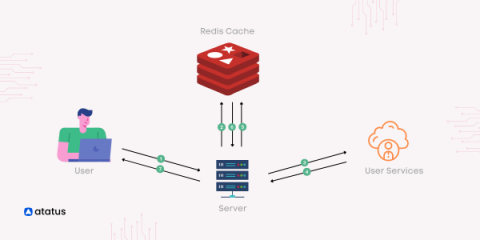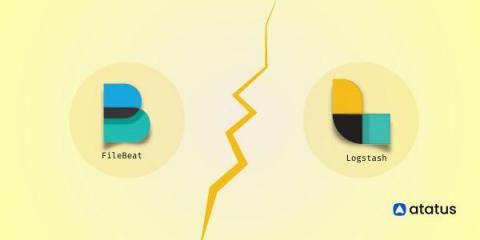What is gRPC framework? How can we use it more effectively?
It was in 2015 that Google first developed gRPC as an extension of RPC(Remote Procedure Call) to link all its microservices. It was a closed tool operated only in their infrastructure then, but later, they opened it to the public, and gRPC has grown since then with community support. Now, it’s part of the CNFC project.











